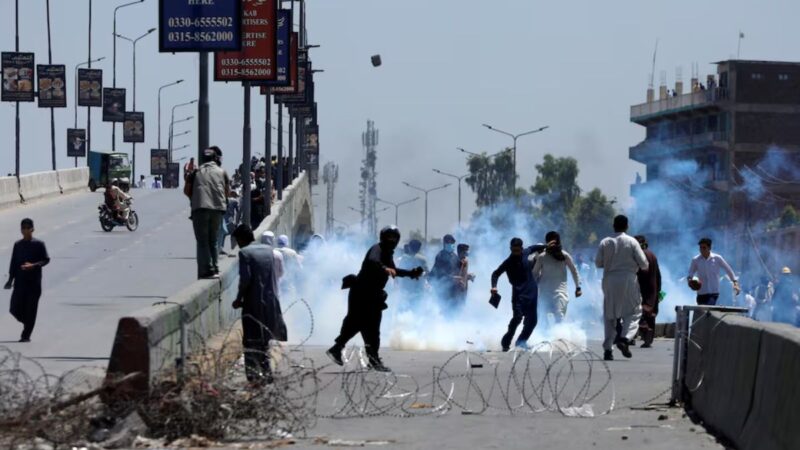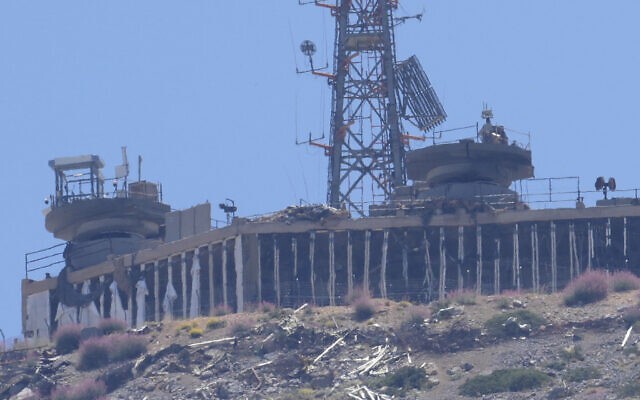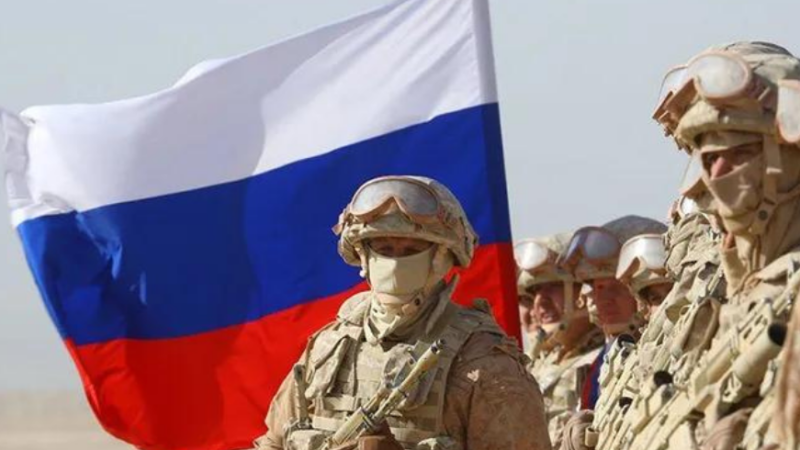Libyan oil minister seeks budget approval to hit 1.5 mln bpd target

The oil minister in Libya’s new Government of National Unity Mohamed Oun, speaks during an interview with Reuters, in Tripoli April 29, 2021. REUTERS/Hazem Ahmed
Libya’s oil production target of 1.5 million barrels per day (bpd) by the end of 2021 depends on parliament approving the national budget quickly, Oil Minister Mohamed Oun told Reuters on Thursday.
Libyan oil output crashed last year when forces allied with eastern commander Khalifa Haftar blocked exports to put pressure on the Tripoli government, but after the fighting stopped, it rebounded to about 1.3 million bpd.
“Unfortunately, the adoption of the budget for the Libyan state in general and the oil sector in particular has been delayed and we do not know when it will be approved,” Oun said in an interview.
“It may have an effect if we do not reach the production target because of a lack of financial means,” he said, adding that a lack of maintenance to surface equipment had caused problems.
Oun is Libya’s first oil minister for years, appointed as part of the Government of National Unity (GNU) that was sworn in last month to replace warring administrations in Tripoli and the east.
The GNU’s proposed budget was rejected this month by the eastern-based parliament, which has demanded a revised document that envisages less spending.
Analysts have said the tussle over the budget reflects an underlying effort by factions in the parliament and their allies to show they still wield some control.
This month a subsidiary of state energy producer National Oil Corporation (NOC) suspended exports, citing a lack of financing since September, but later resumed output saying the Central Bank of Libya (CBL) had agreed to disperse funds.
“The last closure could have been avoided if the issue had been discussed and the necessary sums allocated,” Oun said.
Production shutdowns have also been threatened by members of the Petroleum Facilities Guards force, which officially falls under the Defence Ministry as an armed body guarding oil installations.
Before the 2011 uprising the PFG was part of NOC, which chose and paid its members. Critics say it has since 2011 functioned as a loose affiliation of local groups that interfere in oil processes to leverage payments from the state.
“These actions (shutdowns) are individualistic and accountable to the group that carries them out and not affiliated with a specific region or agency,” Oun said.
Though Libya was divided from 2014 between rival governments in east and west, NOC was the only body internationally accepted as a legitimate producer or seller of Libyan oil.
Based in Tripoli, it operated throughout the country across frontlines. Revenue from its oil sales was channelled to CBL, which distributed funds to state institutions in both east and west.
NOC and CBL have disputed each other’s statements of revenue raised by oil sales and last year NOC chairman Mustafa Sanalla suspended the disbursement of money to the central bank. After the GNU was approved, the money began to flow again.
“It seems that the agreement was concluded with international approval and in coordination with the NOC,” Oun said.
NOC is a purely technical institution under the Oil Ministry, he said, adding that the company “does not exercise political work, which is a sovereign prerogative of the government and the Oil Minister”.
Our Standards: The Thomson Reuters Trust Principles.






